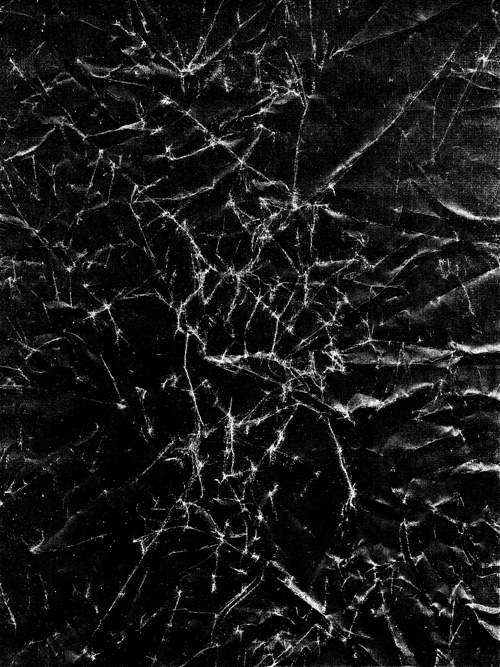Eczema is often viewed as a stand-alone skin condition—dryness, redness, itching, sometimes weeping or flaking. It’s typically managed with moisturizers, steroid creams, and allergy testing. But for some people, eczema is just one clue in a larger story—one that involves histamine overload and mast cell activation.
Still, let’s be clear: eczema on its own does not mean you have MCAS. It’s not a definitive marker. But when eczema shows up alongside other systemic symptoms, it may point toward a bigger picture.
Eczema: A Window Into the Immune System
At its core, eczema (or atopic dermatitis) is an inflammatory condition—rooted in an overactive or dysregulated immune response. Mast cells are part of this picture, but they’re not the whole story. Many people with eczema do not have MCAS. However, in those who also experience chronic fatigue, food intolerances, flushing, anxiety, gut issues, or fluctuating allergic-type symptoms, the role of mast cells and histamine becomes much more relevant.
Mast cells live in the skin, gut, lungs, sinuses, and nervous system—and in some people, they release inflammatory mediators like histamine too often, too easily, or in response to seemingly minor triggers. When this dysregulation becomes chronic, it’s called mast cell activation syndrome (MCAS).
Not Just Allergies: Eczema and the Problem With Triggers
Many people assume that eczema is always allergy-based. While testing for food and environmental allergies is important, it’s often inconclusive.
Like many others, you may discover that:
- You test negative on standard allergy panels
- Your eczema still flares—unpredictably
- The pattern doesn’t match a single food or environmental exposure
That’s because eczema is rarely about one thing. It’s often a trigger-stacking phenomenon:
- Histamine-rich foods
- Heat or cold exposure
- Sweat or friction on the skin
- Emotional stress
- Microbiome imbalances
- Environmental toxins or mold
- Hormonal fluctuations
When these triggers add up—especially in someone with underlying mast cell sensitivity—eczema may be one expression of a deeper immune issue.
When to Suspect MCAS Is Part of the Puzzle
You may want to explore MCAS if eczema shows up alongside symptoms such as:
- Flushing, hives, or itching beyond the typical eczema patches
- Histamine reactions after eating (bloating, diarrhea, nausea)
- Chronic sinus congestion or post-nasal drip
- Rapid heart rate or anxiety after meals or environmental exposure
- Brain fog, fatigue, or temperature sensitivity
- Symptoms that shift and change without clear patterns
These are signs that histamine—and mast cell activity—could be affecting more than just your skin.
What Helps?
When eczema is part of a histamine-driven or mast cell-sensitive picture, a multi-pronged approach can offer relief:
- Low-histamine diet to reduce internal inflammation
- Histamine-stabilizing supplements (quercetin, vitamin C, luteolin)
- DAO enzyme support if food triggers are involved
- Identifying and minimizing environmental triggers, like mold or strong chemical exposures
- Stress modulation and nervous system support, as stress is a major mast cell trigger
- Skin barrier repair with emollients free from fragrances, dyes, or preservatives
Importantly, treatments like H1 and H2 blockers (antihistamines) or even Low Dose Naltrexone (LDN) may be considered if systemic MCAS symptoms are significant—always under professional guidance.
The Takeaway
Eczema doesn’t automatically mean MCAS, and many people with eczema will not meet criteria for mast cell activation syndrome. But when eczema occurs in context—with other systemic symptoms—it can be a valuable clue.
The real key is understanding your unique pattern. If your eczema doesn’t respond to standard treatment, if allergy testing is unhelpful, and if your body seems increasingly sensitive to the world around you—it may be time to explore histamine and mast cell pathways as part of the story.






